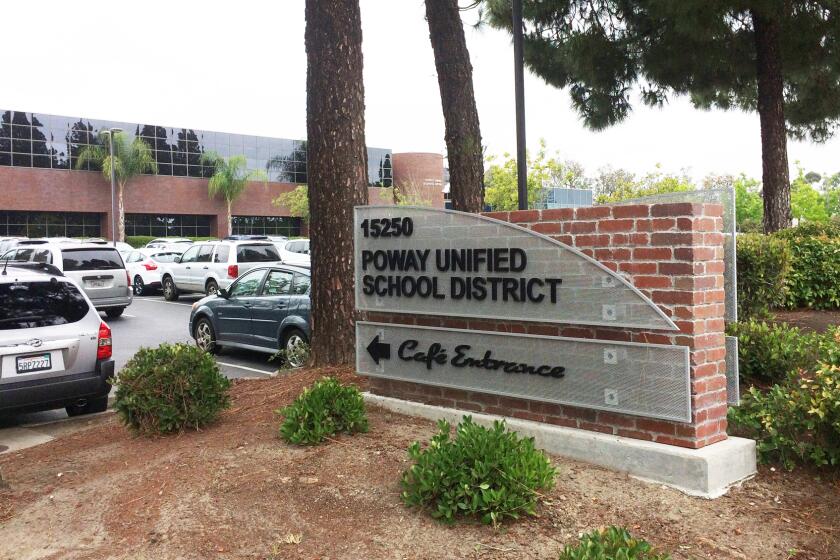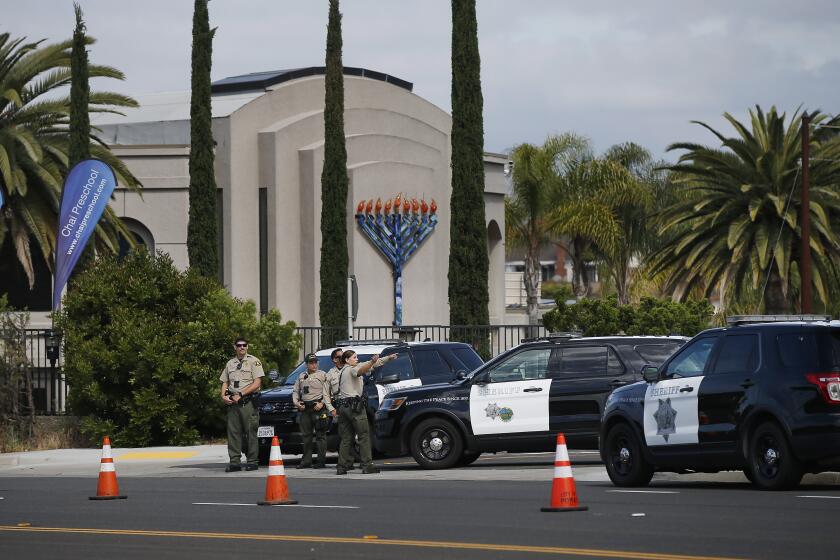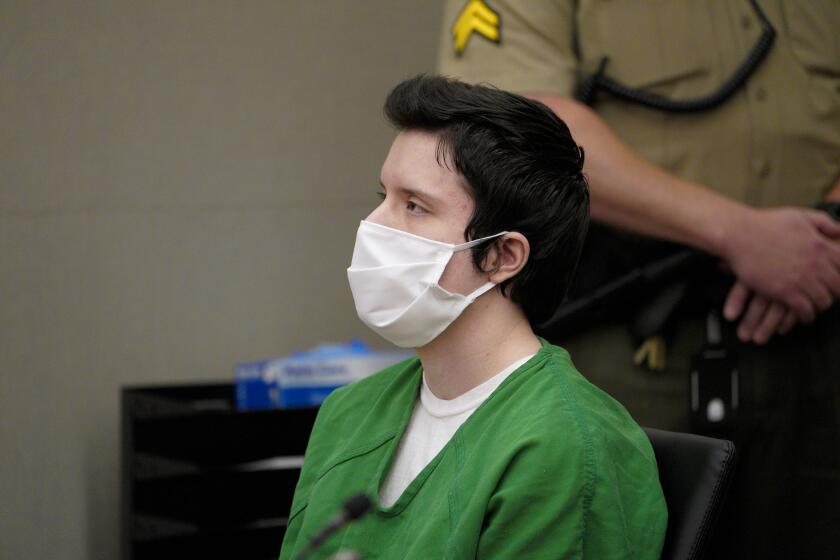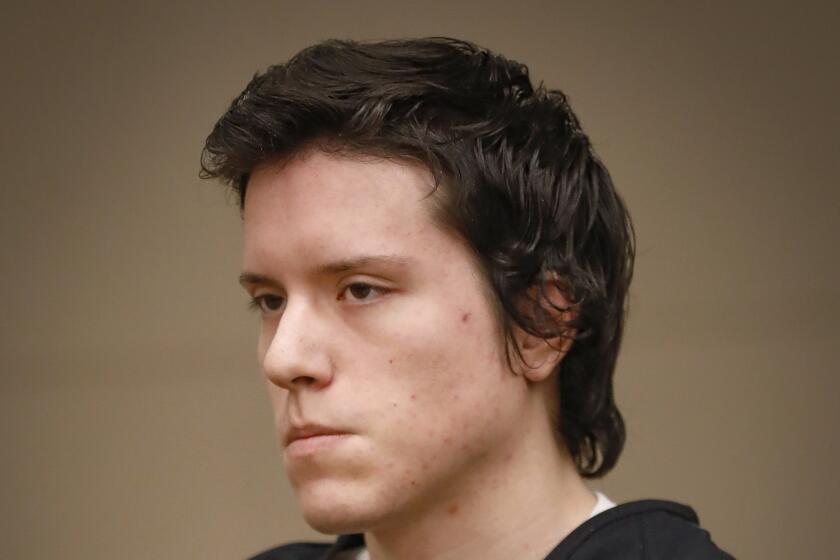Supreme Court to hear Poway case on whether public officials can block people on social media
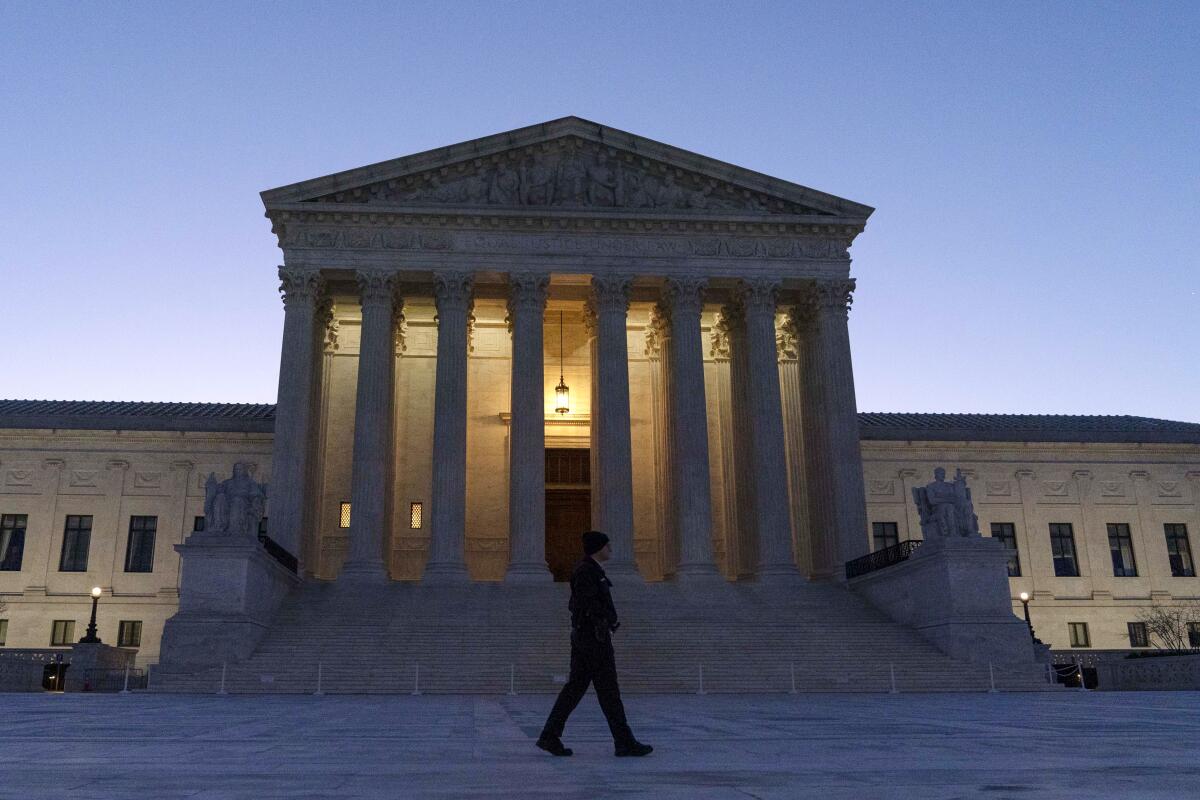
Appeals courts have split on the issue of when, if ever, a public official can block individuals from commenting on their social media pages
The U.S. Supreme Court said Monday it will take up a case from Poway Unified School District that tackles a contentious area of social media — when, and if, public officials can block people from their Facebook, Twitter or other social media accounts.
The case concerns a former Poway school district trustee, T.J. Zane, and a current member, Michelle O’Connor-Ratcliff, and their Facebook and Twitter pages. At issue: whether public officials with social media pages where they discuss public business can block individuals, or if doing so violates the First Amendment.
In July, the 9th U.S. Circuit Court of Appeals ruled that public officials who block commentators could be in violation of speech rights.
But a month earlier, the 6th Circuit Court of Appeals came to the opposite conclusion, ruling a city manager in Port Huron, Mich., who blocked a constituent from his social media did not violate the constituent’s free-speech rights.
The difference in the rulings centered on whether blocking the accounts was a “state action.” The 9th Circuit concluded the social media pages of Zane and O’Connor-Ratcliff, where they regularly communicated about district business, were essentially public forums — akin to a school board meeting — and the two were acting as public officials when they used them.
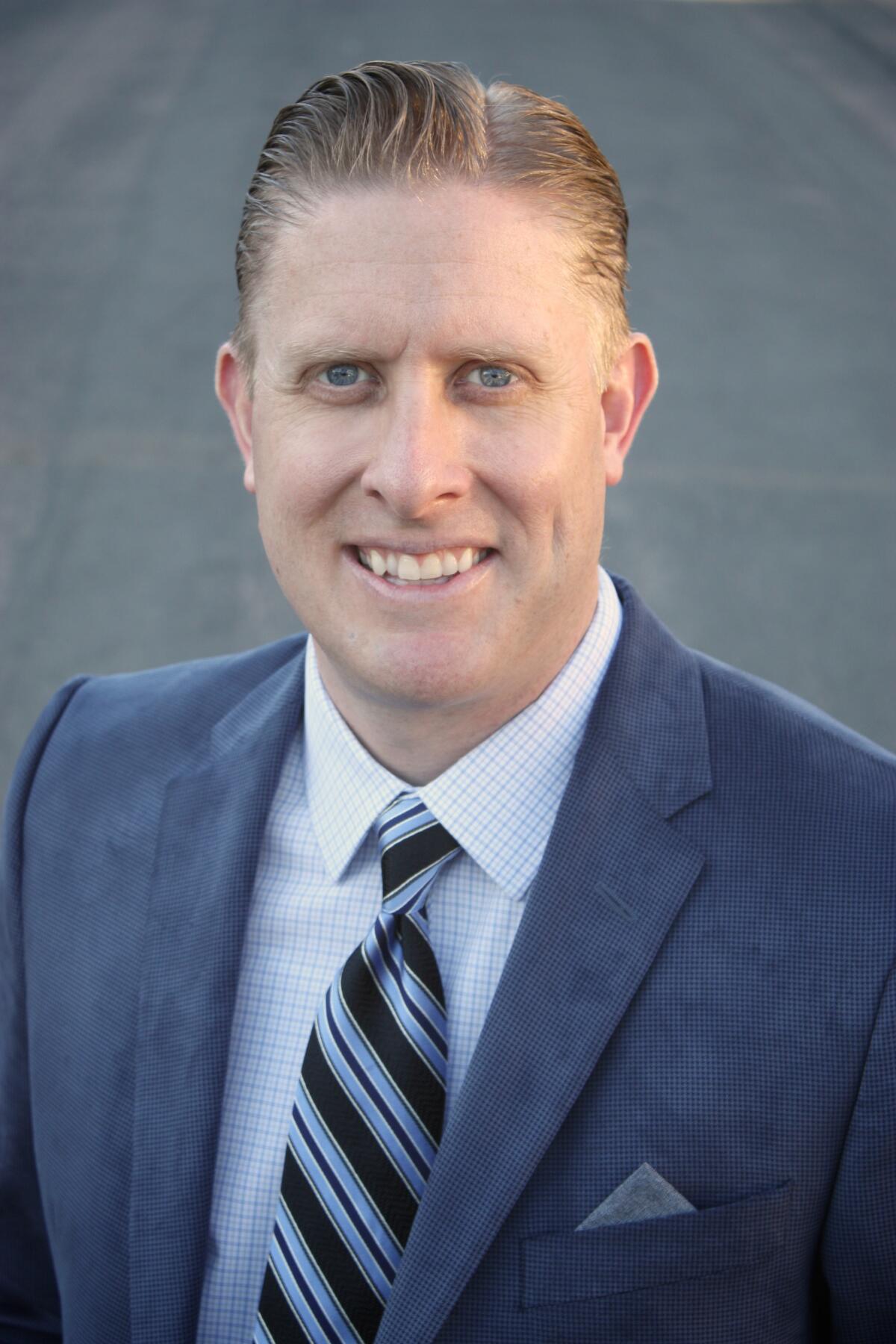
The two were acting “under color of law,” or under the authority as a public official, when they posted on the pages, and therefore blocking constituents from speaking was unconstitutional, the court said.
But in the Michigan case, the appeals court concluded that the city manager did not run his Facebook page as part of his job as a public official, and therefore he was free to bock people because it did not amount to a state action.
That court said that the city manager had not “transformed” his personal Facebook page into an official forum simply by posting information about city policies and actions.
When federal appeals court rulings differ like that, the Supreme Court often steps in, both to resolve the conflict and lay down a standard for resolving the issue in the future. Three other appeals courts have weighed in over the past several years on the issue of public officials using social media and blocking people, all aligning with the positions of the 9th Circuit.
The Poway lawsuit was filed by Christopher and Kim Garnier, parents in the district who posted frequent comments on the pages of the two board members in 2017. The appeals court said that the comments were neither threatening nor profane. They often dealt with allegations of wrongdoing by former Superintendent John Collins and race relations in the district.
Both Facebook pages of the school board members had been set up as part of the election campaigns of each in 2014, and O’Connor-Ratcliff set up a Twitter account in 2016.
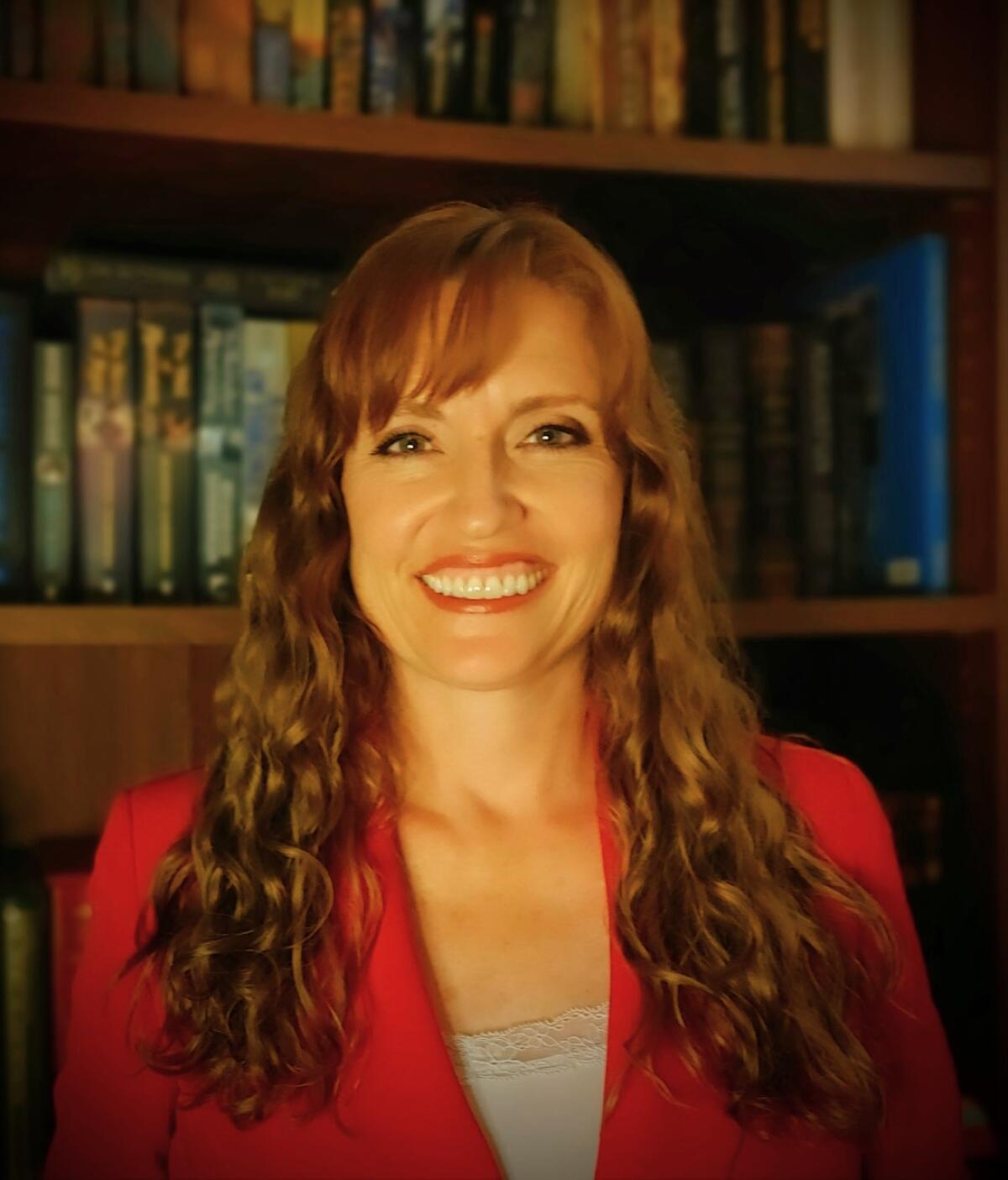
After being blocked, the couple sued in federal court in San Diego. Among other things they argued the blocks violated their rights to free speech and to petition the government. A federal judge in San Diego ruled in favor of the couple, and the 9th Circuit upheld that ruling.
Lawyers for Zane and O’Connor-Ratcliff argued in their petition asking the high court to take the case that the 9th Circuit erroneously concluded that the social media pages were intertwined with their official duties. Instead, they argued the pages were personal pages disconnected from their official duties.
They cited Supreme Court precedent which said that when a private entity creates a forum for speech it is not subject to the First Amendment, which prohibits government infringement on speech. That still holds true for “individuals who make the private decision to use their personal social-media accounts to communicate with the public about their jobs as public officials,” they wrote.
In a joint statement Zane — who is no longer on the school board — and O’Connor-Ratcliff welcomed the decision to take the case and said it impacts all public officials.
“Public officials are themselves private citizens with their own First Amendment rights,” the statement said, “which include the right to block abusive commenters and otherwise use their own personal social-media accounts without being constrained by the rules that the First Amendment imposes on the government.”
Cory Briggs, the Garniers’ lawyer, said Monday that the case is crucial in an era in which nearly every public official has some kind of social media presence that serves as a way to communicate with the public.
“What is at stake is, with this new method of communication that every elected official under the sun is using, if they are going to be allowed to circumvent the First Amendment protections for dissidents and critics,” he said.
The issue of social media blocking by public officials also surfaced in a case involving former President Donald Trump, who was sued by seven Twitter users whom he blocked from his account. They won in lower courts but the Supreme Court dismissed the case in 2021 when the Department of Justice said the issue was moot because Trump was no longer in office.
Briggs said the court could hold arguments the case in October, then issue a ruling either later this year or early 2024.
Updates
7:11 a.m. April 25, 2023: This story was updated with a joint statement from T.J. Zane and Michelle O’Connor-Ratcliff.
Get the Pomerado News in your inbox weekly
Top headlines from Poway, Rancho Bernardo and 4S Ranch, every Thursday for free.
You may occasionally receive promotional content from the Pomerado News.


